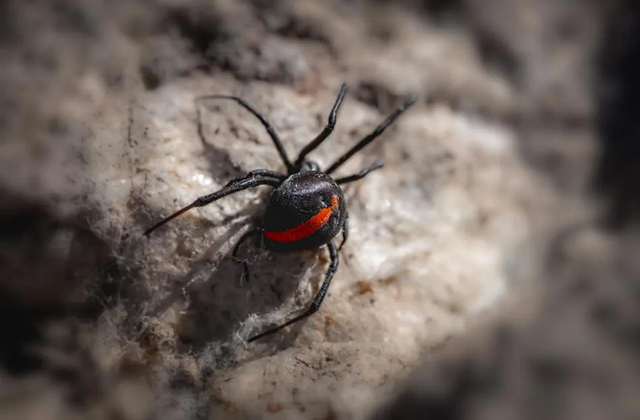If you have a pest problem having a professional pest control Brisbane exterminator spray your property is a smart decision. Do you think you can get rid of pest problems on your own? You might be able to do it using some DIY methods, but there are many myths that are costing you. Here’s what we’re talking about:
Myth 1: Pests Aren’t a Big Deal
The truth is, pests can cause a huge deal of damage. For one thing, they can destroy your home and property. They also spread disease and contaminate food sources. If pests enter your business, it could cause health codes violations, which could shut down your business temporarily.
Myth 2: Professional Pest Control Is Always Expensive
Pest control companies offer many different options for their services. You can choose one-time service or monthly treatment. In either case, the cost is significantly less than what you’d pay if you had to repair damage caused by pests on your own. It pays to protect your property with professional pest control services.
Pest control myths are very common in the industry.
It’s a hard industry to regulate, and you will find many companies that are willing to say whatever they need to say in order to get you to sign up for their services.
Some of these pest control myths have been around for decades and have been proven time and time again to be false. And yet, people still believe them because they have heard them so many times.
Pest control is an essential part of home ownership. From ants and spiders to rats and roaches, it’s important to take pest prevention seriously.
Unfortunately, many people fall prey to common myths about pest control that can lead to infestations or even injury and illness, according to the National Pest Management Association.
Pest control myths have been circulating for years, and many have become so widely accepted that people no longer question them. Unfortunately, these misconceptions about pest management can be costly. If you’re wasting money on things that don’t work, it can put a big dent in your budget!
Pests are a nuisance, and they’re also a danger. They can harm your family, damage your home and leave you with big bills to fix the problems they cause. It’s easy to see why pest control is an important part of homeownership.
Unfortunately, there is an awful lot of misinformation about pest control out there. Some of these myths are harmless, but others can lead to poor decisions that make your pest problem worse or even leave you open to lawsuits. Here’s the truth behind five common pest control myths:
Myth: Pest control is expensive.
If you’ve ever called a pest control company, you probably found it wasn’t cheap to get rid of each infestation. However, it’s important to look at the big picture.
Most pest problems aren’t solved in a single visit, so think about the total cost of controlling pests over the long term. For example, if a professional comes to your house once per year and charges $300 per visit, that might sound like a lot — but it’s only $25 per month. Most people will spend at least that much on their cable bill alone.
Myth: You should kill all insects.
Truth: Not all bugs are pest bugs. In fact, many are beneficial to your garden, says Richard Fagerlund, PhD, an entomologist and the owner of Bug-Off Pest Control Consultants in Albuquerque, New Mexico. “Ladybugs eat aphids, lacewings eat aphids and mites, parasitic wasps prey on a lot of caterpillars and moths,” he explains. “Don’t kill these good guys.”
Myth: My house is clean, so I don’t have pests.
Truth: Pests don’t care about the condition of your home — they’re looking for three basic things: food, water and shelter. So if you have a leaky pipe or a trash can that’s always overflowing outside, you’re just as likely to have pests as someone who has dishes piling up in their sink.
Myth: The old fashioned way is the best way to do pest control.
Truth: These days there are new products that are less toxic than older ones and still effective against pests like ants, says Fagerlund. “The newer products work really well,” he says. “They’re not overkill.” For example, instead of using harsh chemicals to get rid.

